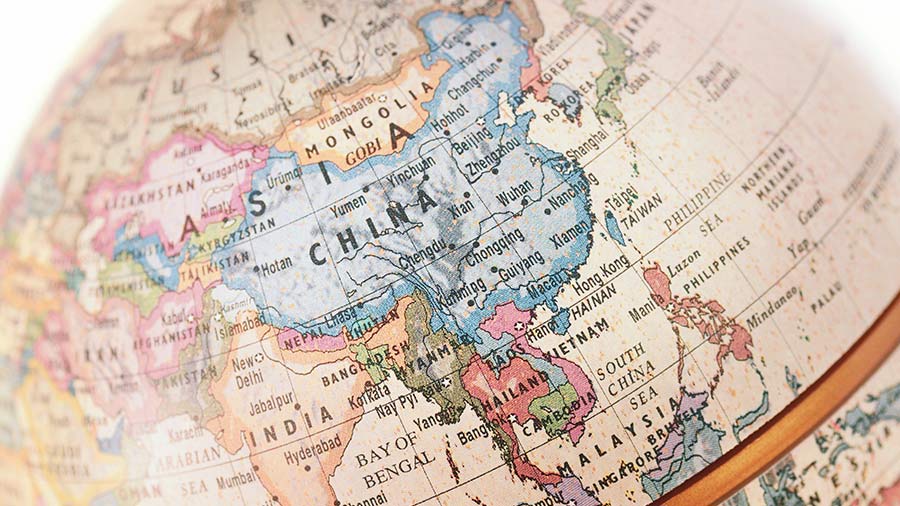With the RCEP, Asia is making rapid progress in its trade and economic integration, highlights an analysis by the European Parliament.
Thus, the Asian path to integration not only implies richer growth in Asia, but Asia is also becoming more integrated.
In November 2020, 15 countries in Asia and the Pacific signed the Regional Comprehensive Economic Association (RCEP), the first trade agreement bringing together China, Japan and South Korea.
The deal accounts for nearly a third of global GDP and includes ASEAN countries Australia and New Zealand, while India chose not to participate.
According to analysts, the agreement is likely to see the signatories relocate their supply chains outside of Europe, as doing so would simplify the diversification of their global supply chains with Asia.
The RCEP could also jeopardize the European Union‘s ambitions to be a rule-maker in the global digital economy.
The RCEP
In responses to oral questions from members of the European Parliament, the European Commission recognized a potential for trade diversion to the detriment of European Union exports, noting that the RCEP appears not to live up to the Union’s expectations European in matters such as the general coverage of market access, but also in terms of rules and compliance, and that the agreement does not include disciplines on subsidies or state-owned companies and also lacks commitments in labor, environmental or climate matters.
At the same time, seven Asia-Pacific countries (Australia, Brunei Darussalam, Japan, Malaysia, New Zealand, Singapore, and Vietnam) are participating in the 11-member Comprehensive and Progressive Treaty of Trans-Pacific Partnership (CPTPP), in force since January 2019, although analysts expect the Joe Biden administration to announce its intention to join this deal, while the UK applied to join in February 2021.
The RCEP is made up of China, the Philippines, Malaysia, Indonesia, Singapore, Thailand, Brunei, Vietnam, Laos, Burma, Cambodia, Japan, South Korea, Australia, India, and New Zealand.
With its entry into force on December 30, 2018, the signatories of the TIPAT are: Australia, Brunei, Canada, Chile, Japan, Malaysia, Mexico, New Zealand, Peru, Singapore and Vietnam. To date, it has not yet entered into force for Brunei, Chile, Malaysia or Peru.
![]()

